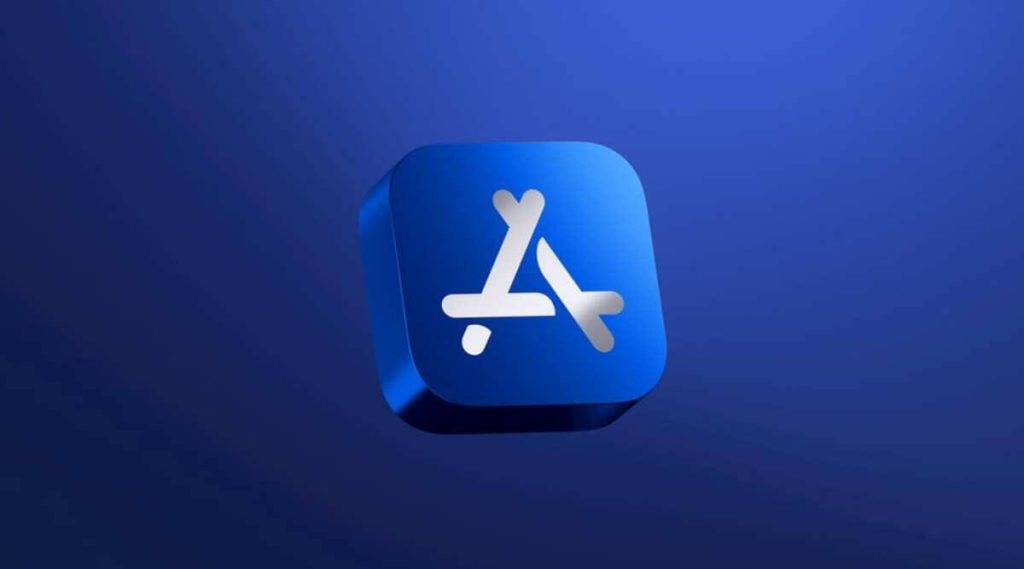This year, Apple has been obliged to make several crucial decisions for upcoming iPhone models in order to comply with EU regulations. The company’s announcement that it would transition from the Lightning port to a USB Type-C port marked a significant change.

Apple is currently working on a new modification, though it may have even more significant effects on software. According to a recent claim by Bloomberg’s Mark Gurman, the tech giant may initially restrict the possibilities to the EU but is considering sideloading and opening iOS to third-party app shops.
Sideloading is the process of manually installing programmes from a configuration file, for the uninitiated. This is comparable to using an.exe file to install software on a Windows computer or an APK file to install software on an Android device.
Sideloading is the process of manually installing programmes from a configuration file, for the uninitiated. This is comparable to using an.exe file to install software on a Windows computer or an APK file to install software on an Android device.
However, users of iOS will be able to get programmes from sources other than the Apple App Store thanks to third-party app stores. On Android, where OEMs may pre-install their own app store in addition to the Google Play Store, this is also frequently observed. Samsung has one, and all of Xiaomi’s phones come with the “GetApps” store as well.
Although the decision’s implementation date is still unknown, it may alter how many customers utilise their iPhones. For instance, sideloading functionality now enables users to download programmes from other sources besides the App Store for usage on their iPhone. They will be able to install package files, much like Android.
Users will probably be able to move these package files between devices, which means that a file moved from one user to another will eventually run on numerous iPhones. You should be aware that, if that sounds like it could provide a security issue, it actually does. One of the main causes for why Android is still seen by enthusiasts as an easy target for attackers is tampered APK files.
Anyone without the necessary skills or experience can easily install a programme by using an APK file, and the APK version frequently offers additional capabilities. Many of these apps do, however, also contain malicious malware.
While recent Android updates and their rigorous attention on permissions have somewhat improved this, for the majority of users, iOS was a much more secure environment. It was challenging to install malicious code on specific devices since only one organisation decided which programmes passed severe security checks and made it to your phone. Sadly, having one organisation in charge of everything can be viewed as a monopoly, especially if your target market consists of more than a billion gadgets. This is precisely why Apple has been compelled to make this decision by the new EU regulations.
Apple has also kept quiet on whether it will allow other companies to use its well-known messaging app, iMessage. The Digital Markets Act of the EU also stipulates this. The CEO of Apple, Tim Cook, has already spoken out against opening up iMessage to outside companies like RCS. According to reports, the EU has threatened to punish companies up to 20% of their yearly global income if they regularly break its rules. We still don’t know if these modifications will apply only to iPhones in Europe or to all of them. When Apple begins making some of these announcements formally in 2023, we may anticipate greater clarification.
Source: Bloomberg

